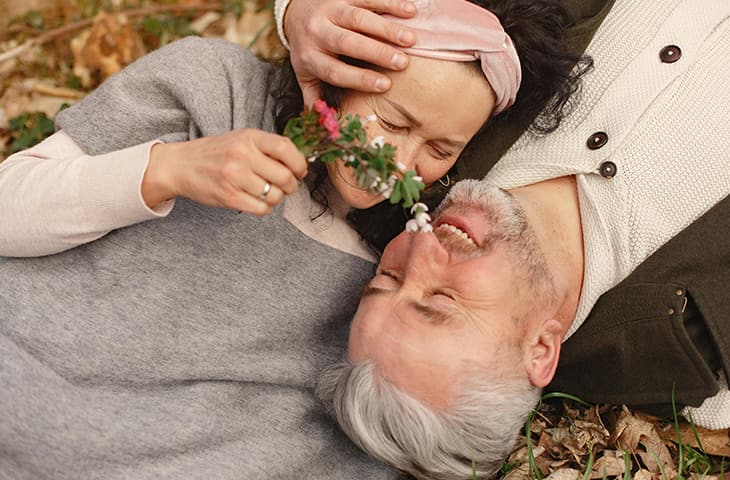Ep 0090 - Lightbulb Moment In Recovery

- Website: https://joeryan.com
- Instagram: https://instagram.com/joeryan
- Coaching: https://joeryan.com/coaching/
- Subscribe To All Episodes https://joeryan.com/subscribe/
It’s Not You—It’s Our Childhood Experiences
Growing up, many of us felt the sting of neglect and carried the silent burden of our caregivers' unmet needs. This often molded us into perfectionists, constructing facades to ensure those around us were happy so we wouldn't face isolation or emotional banishment. As children, we learned that our sense of worth was tied to their approval, never understanding how to feel okay with ourselves if they weren't okay with us. As adults, we unknowingly replay these patterns in our relationships, prioritizing the love and validation of others over self-love. This realization is the true lightbulb moment.
Understanding how these childhood experiences shape our adult relationships can reveal why we sometimes drift toward isolation. Embracing the courage to let others in and reveal the parts of ourselves we've been taught to hide is daunting, yet liberating. The journey to vulnerability may feel terrifying, but it’s where we begin to heal and discover the power of self-belonging and self-care, mending our internal voids and building resilience against loss and rejection.
This journey isn’t just about personal growth; it’s about connecting with a community that values the risks of being seen authentically. Can fear and vulnerability actually strengthen your relationships? The answer is a resounding yes.
Self-hate and shame keep us trapped, sabotaging our relationships and keeping us from genuine connection. Most of us hesitate to let others in, afraid they’ll see beyond our polished exterior. But that mask only perpetuates our isolation. It’s time to let go of the façade and find the courage to gradually remove it, allowing ourselves to be truly seen.


